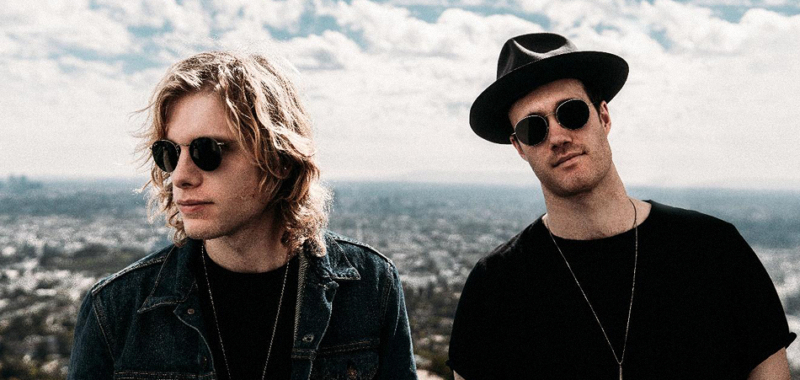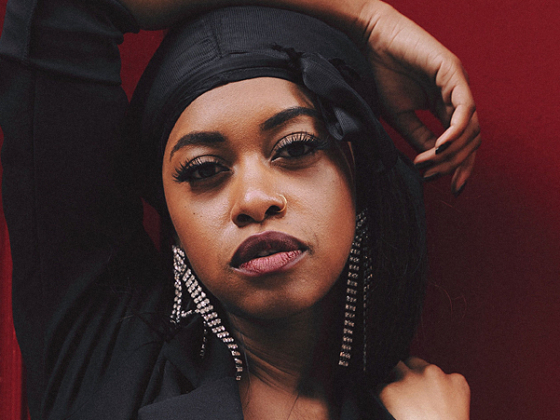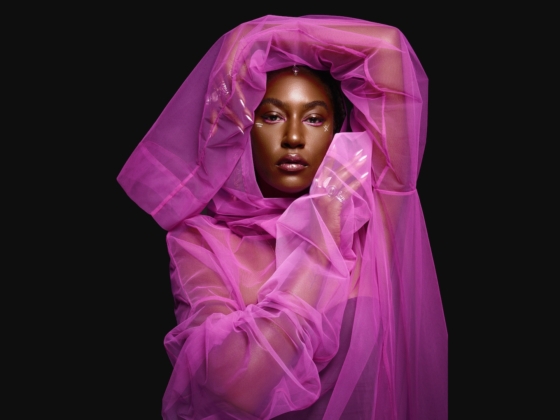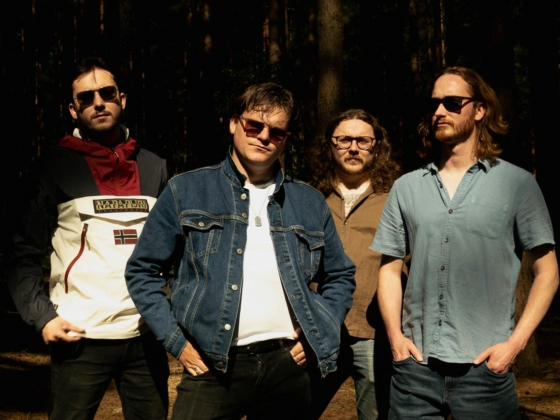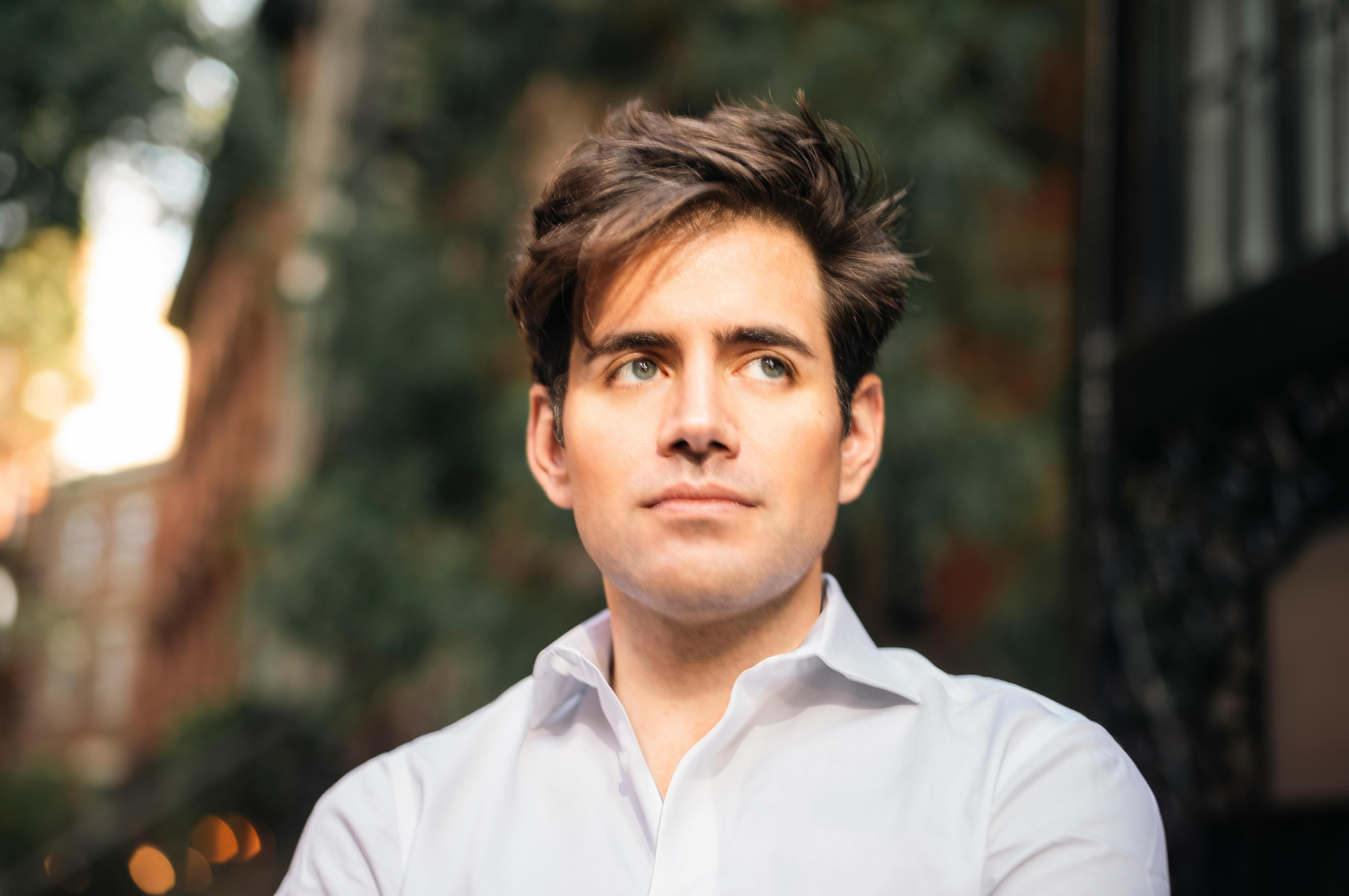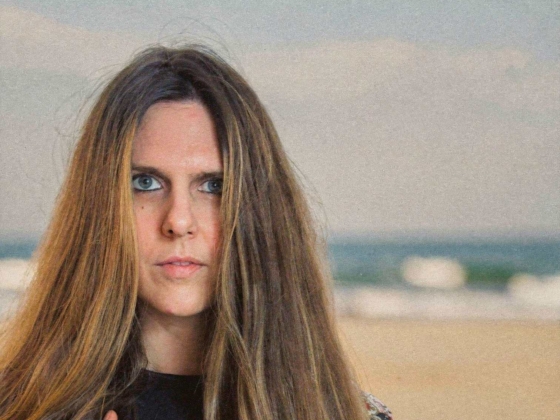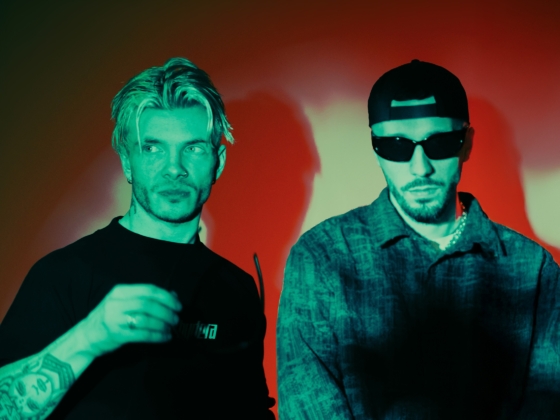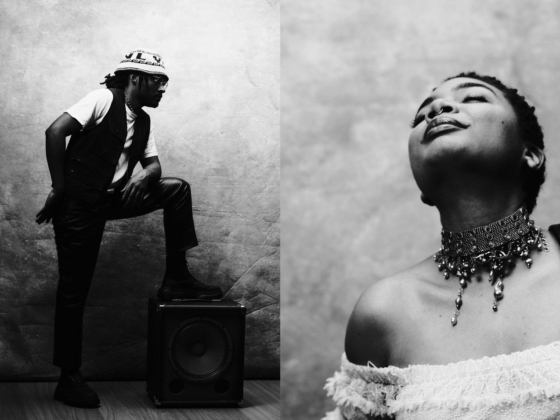There's something curious about the New York bred duo, Bob Moses. It's not their inception story—meeting in a parking lot in Brooklyn years after graduating their high school in Vancouver, where they were only acquaintances at best—and it's not their seemingly infinite touring schedule. Much like the quirky 2008 David Fincher film that documented Brad Pitt's graceful backward aging, Tom Howie and Jimmy Vallance seem to have made it to the apex of their artistic career; the elusive middle point where past influences and future ambitions meet, either to a careening nosedive, or a perfectly timed embrace. With the release of their new concept record, Desire, Bob Moses makes the case for the latter, tapping into their DJ origins for an impeccably balanced thirty minutes of nostalgic rapture.
"We sort of call this EP a mini album, like a concept record for the club," Howie explains. "It started as us making beats and stuff to play in our DJ sets. And so it was born out of club music, and then as we started finishing those lyrics and more of the song elements, the lyrics started to coalesce around the concept." Recorded as a continuous mix, Desire doesn't try to push beyond the boundaries of the underground Brooklyn warehouse sets that first gave life to the genre-bending band. Instead, it pulls up its roots like dusty old records, determined to find a place for them within the space of their modernized sound.
Sparse piano keys mark the beginning of the journey on "Love We Found," a minimal track that pits Howie's haunting vocals against a menacing rolling bassline. A subtle push-and-pull between the organic and the manufactured reaches its thunderous climax on "Desire," the dancefloor anthem collaboration with ZHU, as loose keyboard melodies crash into a tight, punchy production in a sultry electronic arena.
"When ideas come to you, it's not really conscious. It feels like you're going fishing and then you catch something, and you don't know what you caught and you try to reel it in and you hope it's going to be good and you hope it's going to make it to the boat, but sometimes it gets away or sometimes it's not the fish you wanted." Howie and Vallance have never been too precious with their sound, giving in to the ebb and flow of an inspired moment, or an immersive DJ set rather than forcing a premeditated song. Yet, the definitive environments that have shaped their roles as artists permeate their craft so thoroughly that it would be impossible to listen to their brooding synths without immediately recognizing them as theirs. And while their last studio album sought out to explore the limits of their storytelling abilities over muted electronic arrangements, Desire seeks to return to a more dynamic place—to where it all started. "When we were making the first album, 'All In All,' we were playing warehouses in Brookyln and we were trying to figure out our sound and we knew there was an awesome dance scene happening in New York and it was taking off globally, in Berlin and London, all over the place. And we were really inspired by the beats that were being made by these producers and we thought, 'what if we tried to write songs over these beats?' So that was us sort of self discovering our sound or music that was sort of made to be played at two, three o'clock in the morning, at sunrises in warehouses."
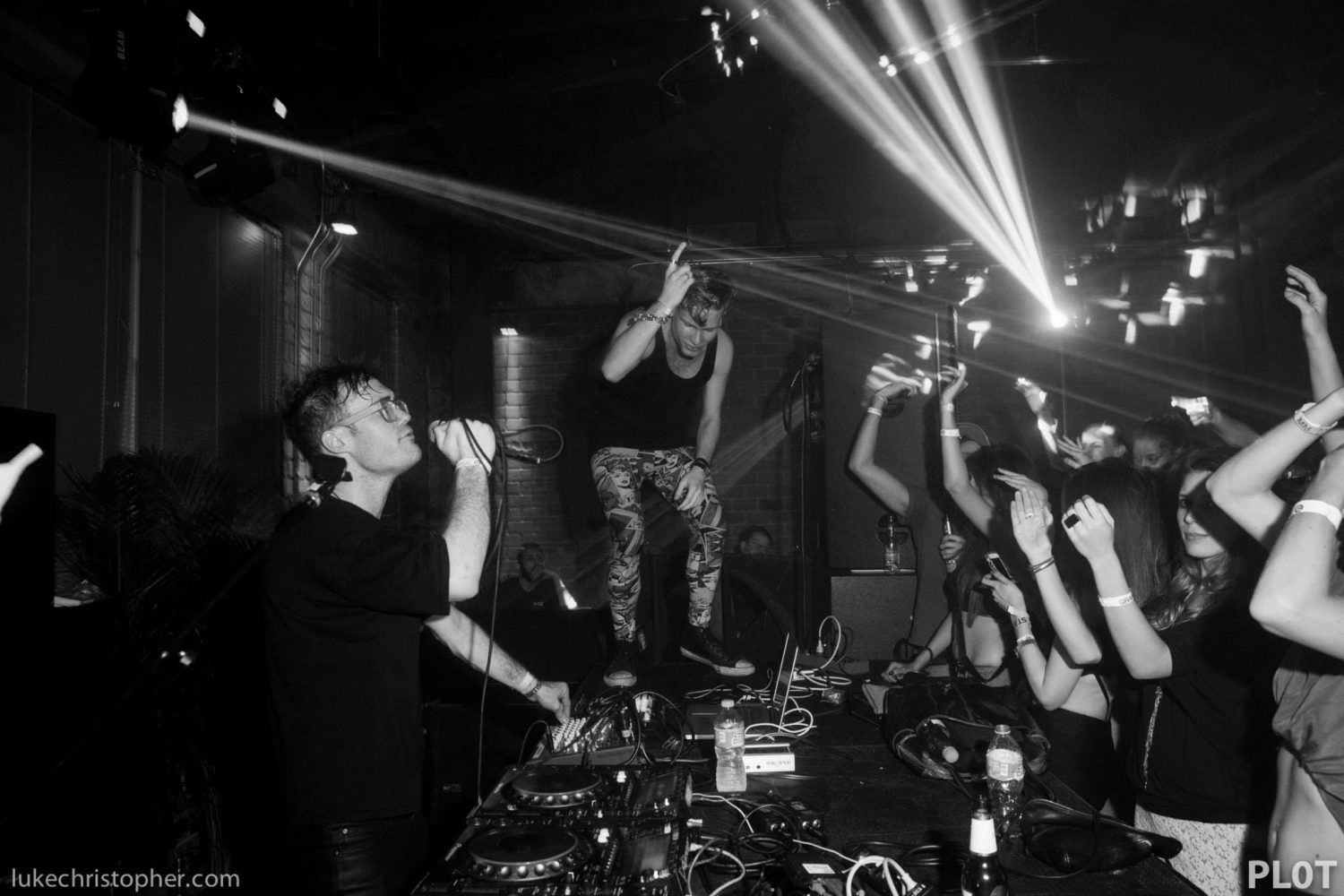
"And then, as a natural progression, because we wrote songs, we started going more into 'band land'," Vallance admits, as their transition from club-friendly extended tracks to their more recent radio-friendly electro pop hits started redefining their cult status. "We made 'Days Gone By' because we wanted to hone in on our songwriting skills, and when we played Coachella that year, we wanted to set ourselves apart from the other DJs, so we played as a three-piece band with a drummer. On this latest record, [Desire], we were touring 'Battle Lines' and playing after parties, DJ sets, and we sort of wanted to have new music in our arsenal to be able to fit that vibe more, so the music that we wrote now is coming from the same place as when we made our first record, where it's made to be played in the nightclub but also have strong song focuses. Except now we've taken everything we've learned since then until now and thrown it in there. So it's kind of like a natural evolution that's happened."
Influences from their first album on Domino Records, All In All, are dispersed all throughout Desire as the duo re-adopts their four-to-the-floor rhythms, trying to imitate the energy of a patient crowd that may not have come out to the club to witness their set, but is quickly and utterly enamoured by it all the same. The closing "Ordinary Day," however, speaks loudest to the progress that Vallance and Howie have managed to manifest throughout their decade of recording. Though maintaining a wistful, almost ethereal, energy, it deviates from the duo's signature melancholic melodies, breaking free with a hopeful guitar twang and relaxed percussions. There is a familiarity to it, but more notably, a forged new path toward an era of Bob Moses that has not yet been explored. "It's always been the challenge between man and machine in our music, and we really try to have a nice relationship between us and the track. Nine Inch Nails and Radiohead, they're two bands that have a strong contrast between man and machine. So we're very inspired by how they do that in their own way and we're hoping to try and forge our own—the Bob Moses way— of using machine, dance, and human musicianship in a unique way."
Desire may only be a crossroads project that documents all the places Bob Moses has been to, while hinting at all the places they still hope to visit. But in this exact moment in time, it is everything that they are—emotional, provocative, unpretentious, and of course, endlessly curious.

